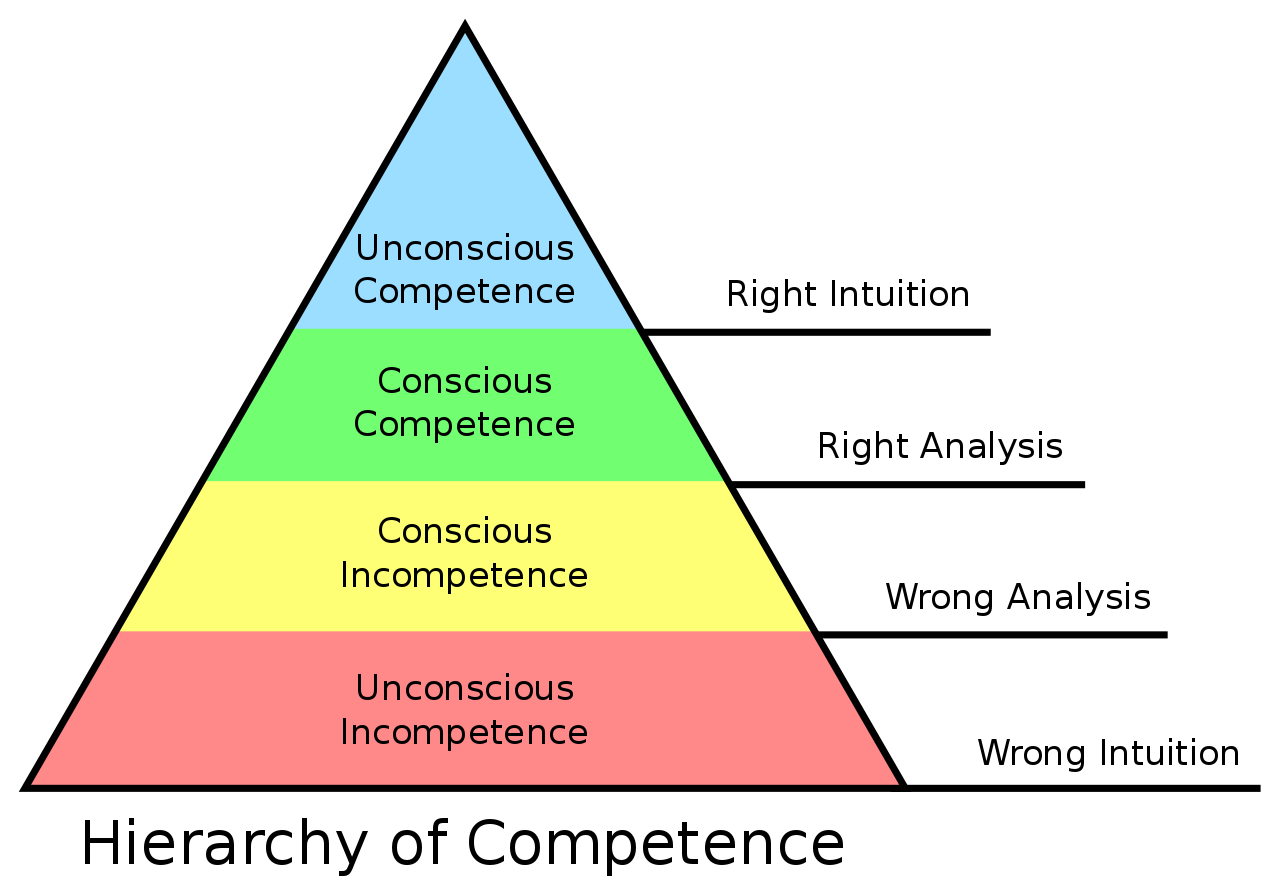Inhaltsverzeichnis
Leipziger Initiative für Nachhaltige Entwicklung — LINE
The LINE-cooperation strives to empower students to analyze complex societal problems from multiple perspectives, to scrutinize quantitative models that address these problems, and to develop, evaluate, and evolve solution strategies based on this assessment. Upon doing so the students will
- learn to present their point of view also to peers with no background in the topic,
- practice to examine problems from multiple perspectives in order to scrutinize their understanding and conclusion, and
- develop their skills act independently based on conclusions reached by autonomous learning.
Topics
The projects of the initiative address four topical fields
T1. Challenges of Human Impact and climate change
- Assessment on a global scale and technology assessment
- disciplines: meteorology ↔ economics ↔ geography
T2. Challenges of Diseases and Society
- Insights into diseases, epidemics, biodiversity, and the impact of the climate crisis
- disciplines: physics ↔ ecology ↔ geography ↔ ethics/theology ↔ history
T3. Challenges of Data and Models
- Organization of (missing) knowledge by models and data analysis
- disciplines: physics/measurement technology ↔ sclimate science ↔ digital humanities
T4. Challenges of Education
- Foster conscious competence
- disciplines: physics/informatics/robotics ↔ biodiversity ↔ teacher training
These projects are cross-lined by two central competences
Our first common project is the
UniZertifikat "Competences for Sustainable Development"
Students earn a certificate by
- completing a supplementary course, and
- dealing with a group project
und in einer abschließenden gruppenbezogenen Projektarbeit (in the spirit of a living lab). In this endeavor the groups should comprise participants with different academic background.
Problems in sustainability and sustainable development are particularly suited to develop these competences, since they address highly topical issues that have a direct impact on the students' personal live and do not admit simple solutions. Thus, they offer multiple opportunities to develop the competences of
- assessing the status quo of the problem based on input from (among others) a multitude of perspectives of different academic disciplines
- empowerment by developing an action plan
- feedback on the performance in order to increase the effectiveness of the actions
Sustainable actions call for decisions that are based on incomplete knowledge. They require an open mind to revisit preliminary assessments, to amend conclusions, and to keep looking for potentially more promising strategies.

